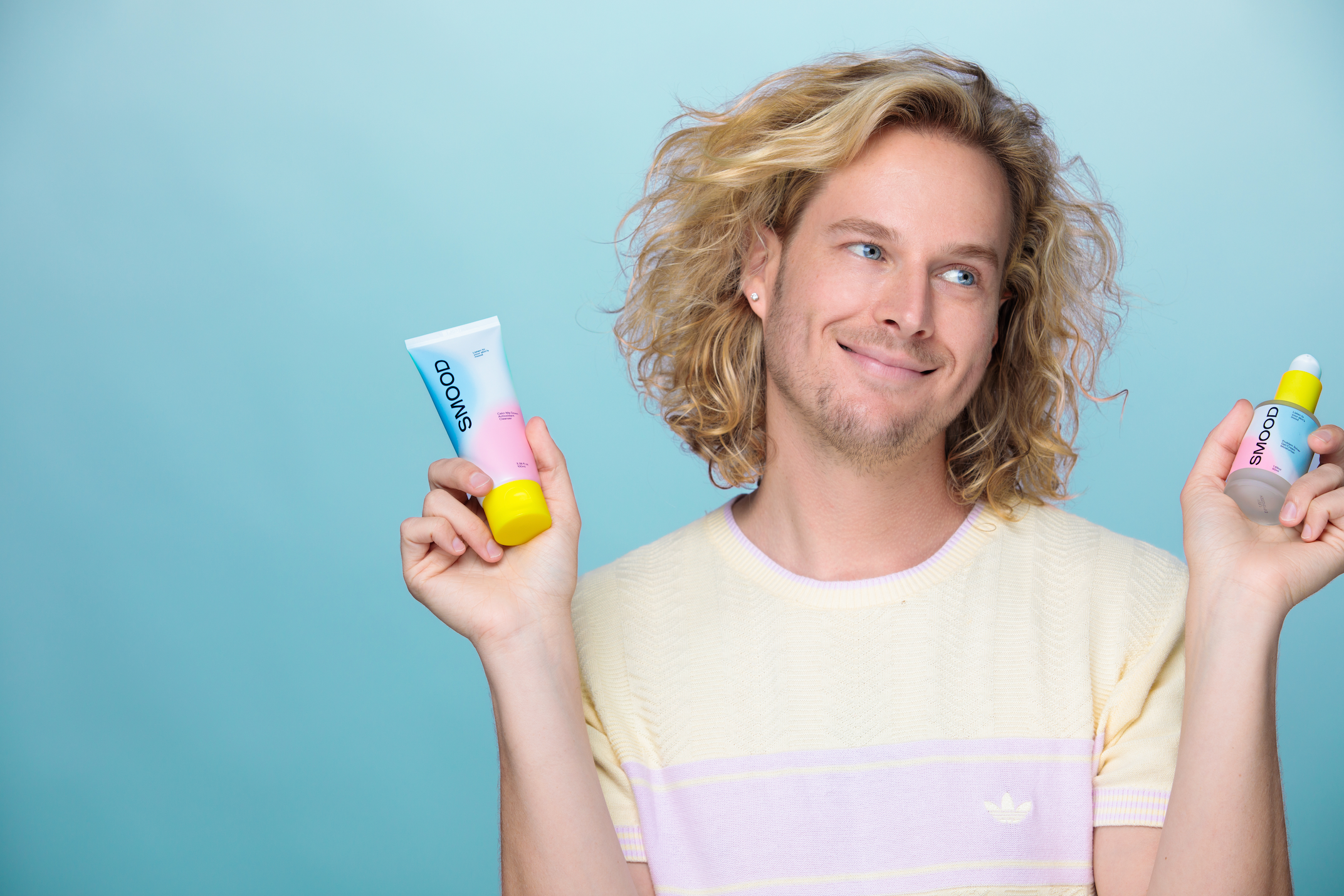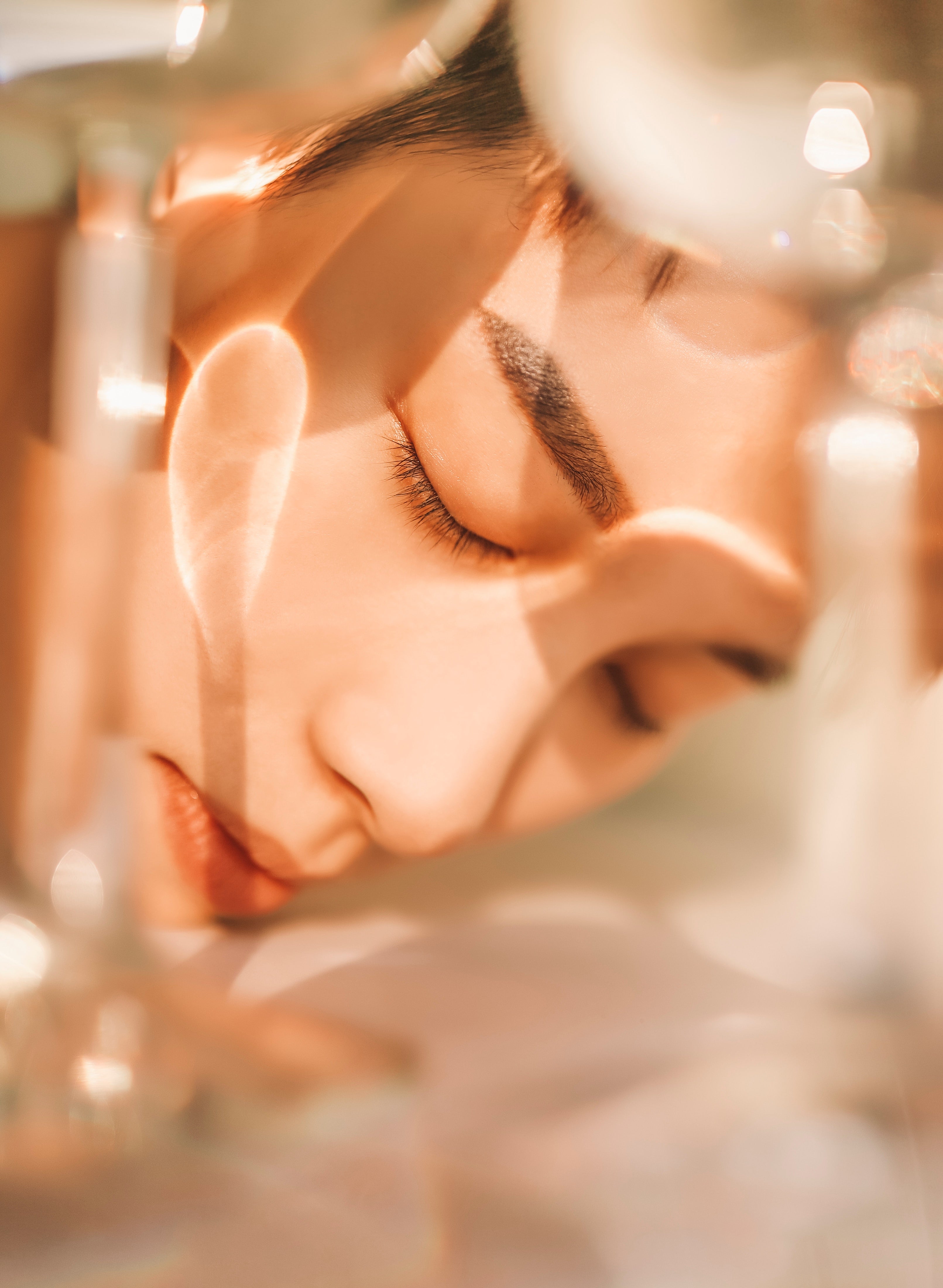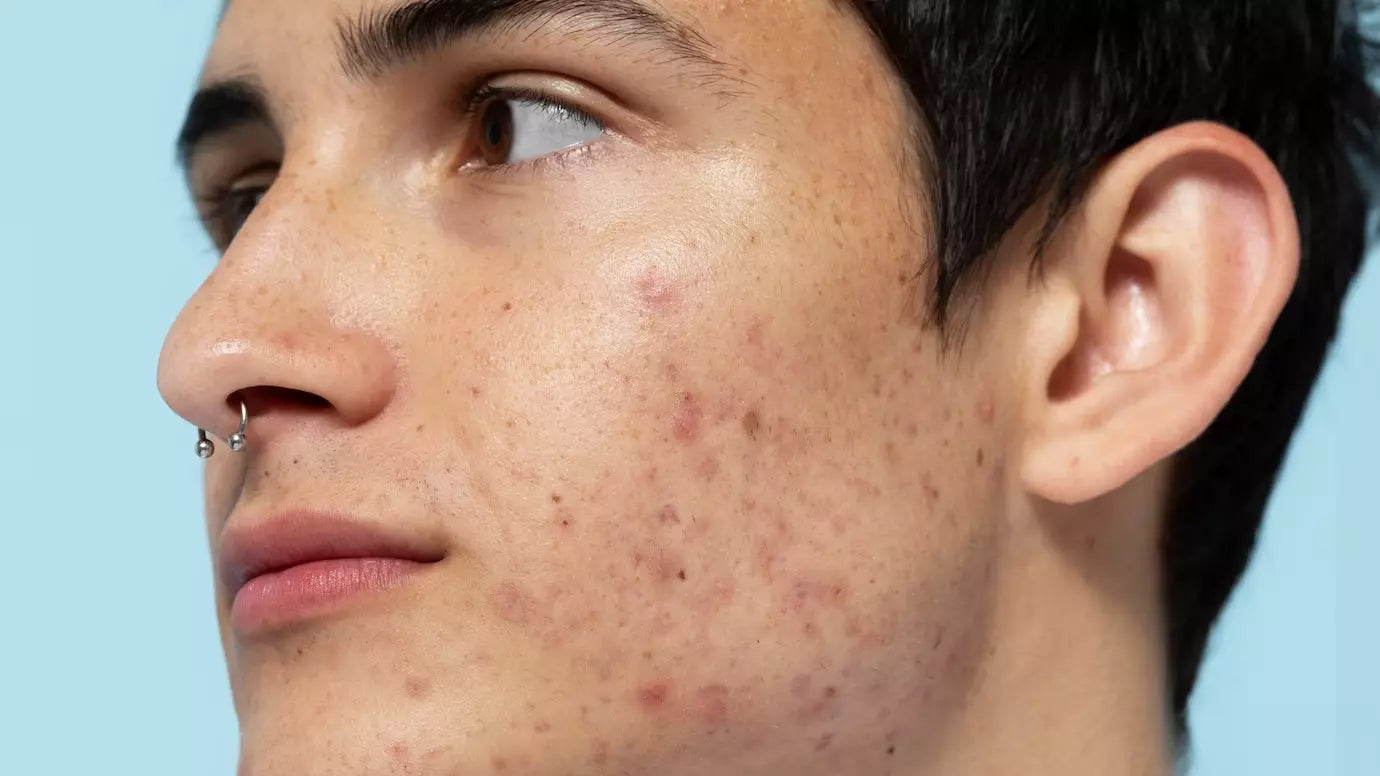
Retinoids and Acne: The Best Treatment?
Acne is a universal concern, affecting millions of people worldwide. In the quest for clear skin, retinoids have emerged as a popular treatment option. But are they the best solution for everyone? This article delves into the world of retinoids, their benefits and potential drawbacks, and explores alternatives, especially considering practices in different cultures, such as Korea.
What are Retinoids?
Retinoids are a class of compounds derived from Vitamin A, known for their ability to promote cell turnover and improve skin texture. They have been a cornerstone in dermatology for over 50 years, primarily used to treat acne, but also effective against signs of aging, uneven skin tone, and texture issues. The most commonly known retinoids include retinol (over-the-counter) and tretinoin (prescription-based).
Benefits of Retinoids for Acne
Retinoids work by unclogging pores, allowing other medicated creams and gels to work better. They also prevent future outbreaks by preventing dead cells from clogging pores and reduce the formation of acne scars by enhancing collagen production. For many, retinoids have been a game-changer, transforming their skin and boosting their confidence.

The Drawbacks: Not a One-Size-Fits-All Solution
Despite their benefits, retinoids are not without their challenges. They can be incredibly harsh, especially during the initial weeks of use. Common side effects include dryness, redness, peeling, and increased sensitivity to sunlight. These side effects can be mitigated by starting with a low concentration and gradually increasing it, using the product every other night, or applying a moisturizer beforehand. However, for some, the side effects may persist, making retinoids a less than ideal option.
Furthermore, not everyone needs the powerful action of a retinoid. Individuals with sensitive skin or those with mild acne may find retinoids too aggressive, necessitating gentler alternatives.
Alternatives to Retinoids
For those seeking softer approaches or unable to tolerate retinoids, there are numerous options:
- Salicylic Acid: A beta hydroxy acid that exfoliates the skin, unclogs pores, and reduces swelling and redness.
- Benzoyl Peroxide: Kills bacteria and helps remove excess oil and dead skin cells.
- Niacinamide: Known for its anti-inflammatory properties, niacinamide can reduce redness and irritation, making it suitable for sensitive skin.
- Azelaic Acid: This is a dicarboxylic acid that helps reduce inflammation, kill acne-causing bacteria, and unclog pores. It's particularly effective for those with sensitive skin and can also help to fade post-acne marks and hyperpigmentation.
Each of these alternatives can be effective, depending on individual skin types and concerns. It's essential to experiment and find what works best for you, potentially in consultation with a dermatologist.

Retinoids in Korea vs. the United States
The approach to acne treatment varies significantly between cultures. In the United States, retinoids are a staple in acne treatment plans, often viewed as a go-to solution for moderate to severe acne. In contrast, the Korean skincare philosophy emphasizes prevention, hydration, and gentleness. The use of harsh treatments like retinoids is less common. Korean skincare routines often rely on a combination of gentle exfoliation, hydration, and nourishment to maintain healthy skin and prevent acne. Products containing ingredients like green tea, snail mucin, and centella asiatica are popular for their soothing and healing properties.
This emphasis on gentle care aligns with the growing global trend towards skinimalism, where the focus is on fewer products that nourish and support the skin's health rather than aggressive treatments.

Conclusion
Retinoids are a powerful tool in the fight against acne but are not a universal solution. Their potential side effects and the rigorous care needed to mitigate these effects make them unsuitable for everyone. With the skincare industry evolving and the influence of gentler, more nourishing approaches from cultures like Korea's, there are now more options than ever to treat acne effectively.
The key is to understand your skin, its needs, and its limits. Whether you choose retinoids or an alternative treatment, the goal is clear, healthy skin achieved through informed, gentle, and consistent care. If in doubt, consulting with a dermatologist can provide personalized advice and help navigate the vast world of acne treatments, ensuring you find the right path to clear skin.



Leave a comment
This site is protected by hCaptcha and the hCaptcha Privacy Policy and Terms of Service apply.